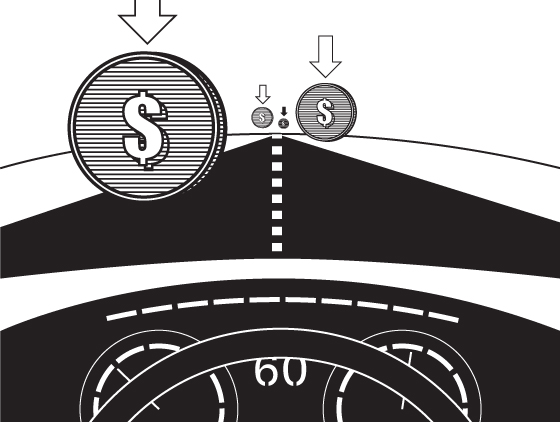Billions of hours, fuel and money gets wasted in traffic congestions. Though there has been some progress in the last few years in Mumbai with the starting of the Bandra-Worli sea-link and the fly-overs being built, there’s a strong feeling that it may not be enough. Take the case of Delhi. Delhi is most privileged to have more than 21 per cent of its geographical area under road space. Delhi has built the maximum roads and flyovers. Yet its roads are totally gridlocked. While the government has targeted to increase the usage of public transport from existing 40% to 80% by 2020, it will extremely difficult to curb the ‘status’ tag of cars.
Singapore has had the ERP (Electronic Road Pricing) system that charges extra dollars for using congested zones during peak hours. So do London and Stockholm. However congestion charging has come under criticism that it favours the rich and that it adversely affects retail businesses in the congested zone. So could gaming come to the rescue?
Two experimental transportation projects are under way in Singapore and Silicon Valley that aim to improve commutes through gaming. In one of the experiments, conducted by Balaji Prabhakar, a Stanford engineering professor, more than 17,500 Singapore commuters have enrolled. Participants in the Singapore program shift their commutes to off-peak hours to earn credits, which can be traded for a chance to win cash.
So rather than only punishing traveling in peak hours, this program also rewards traveling in non-peak hours.
Balaji Prabhakar said during a recent talk at the university’s campus in Palo Alto, California, that 11-12 percent of users in Singapore have shifted off-peak. Men tend to shift later, he said, while women generally shift earlier. He says that 11% might not seem much, but they’re enough to make a difference in traffic flow. He ran a successful project for employees of Infosys called INSTANT (Infosys-Stanford Traffic project) in Bangalore in 2008-2009 and is now running the project at Stanford University as well.
I’m wondering how this could be implemented in Mumbai as public transportation is neither electronically controlled nor linked to each other. However prices of public transport can be controlled manually. So imagine the ticket prices of road transport – bus, rickshaw, taxi and the sea-link like toll is increased by 25% in peak hours (8:30-10am and 6:00-7:30pm), but is also decreased by say, 10% during off-peak hours. Could it work?

very interesting, here is another interesting one – Here is another interesting take on games and real life problems – http://www.ted.com/talks/jane_mcgonigal_gaming_can_make_a_better_world.html
Less than a minute ago
anand, everytime I go to delhi and get stuck at the toll plaza cant help but think that just by having a BOOTH SCORE BOARD ( showing # of vehicles and sec/vehicle) visible to all toll booth attendees, the whole process can be accelerated. Even better would be to tie rewards to this “gamification” i.e have a daily bonus pool of 500 rupees for the winner. Its small change but I doubt the toll booth operators will listen. Easy one to try though !